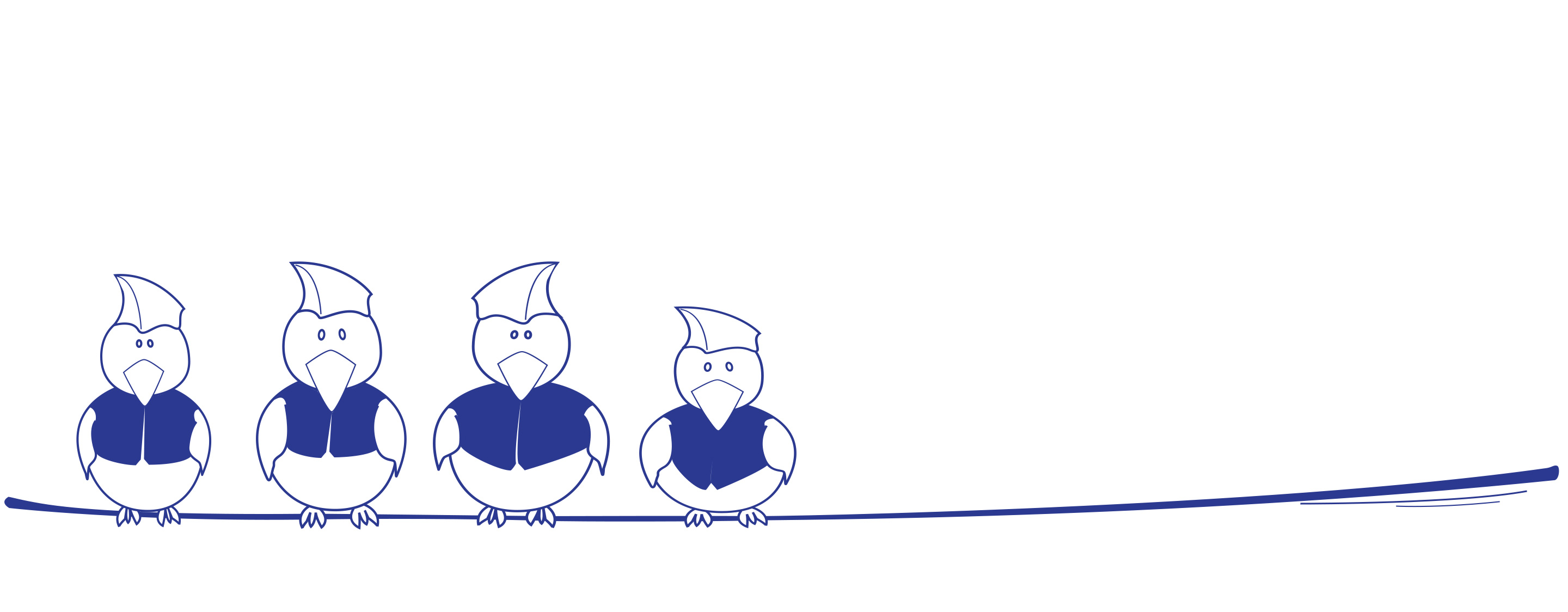"The political machine triumphs because it is a united minority acting against a divided majority." -Will Durant
India is a nation of paradoxes. On one hand, we accuse all our leaders of being corrupt while on the other hand, we reward the same politicians with our votes. Our leaders, instead of returning the ‘favour’ to us favour their own personal gains and show compassion to their opponents to ensure staying out of prison when in opposition. Our quintessential politicians have perfected the art of divorcing talk from action while maintaining their rhetoric. Their political tendencies, however, seem to find a match with us – we tend to be outraged by political corruption instantly but are unmoved by court proceedings of graft.
Here are 7 instances which prove that our politicians are birds of the same feather:
1. When the Finance Minister hiked MP salaries by 100%Members of Parliament were given a 100 percent hike in salary in Budget 2018, two months before a new rule providing for automatic revision of parliamentarians’ salaries every five years coming into effect. This doesn’t look justified when per capita income of our country is very less and that the MPs are rarely held accountable for their promises or the way they use the money allotted for their respective constituencies. No hue and cry happened in the parliament. None of the parliamentarians opposed it. They always have each other’s backs for mutual benefits.
2. When governments refuse to stay out of business irrespective of promises/good senseThere are over 250 Central Public Sector Enterprises (CPSEs) in which the government holds 51% stakes or more which include large ones like NTPC, Power Grid and Steel Authority of India. The Niti Aayog had recommended lowering the government’s stake to less than 50% in all non-strategic state-run companies over time for raising revenues as well as giving these companies the functional autonomy to perform better. But the current government, like its predecessors, has refused to accept Niti Aayog’s proposal as it is confident of breaching the disinvestment target for the second year running and raising over ₹1 lakh crore in the current fiscal.
3. When they opposed GST when in OppositionBJP officially introduced and implemented GST while Congress opposed it. But this was not always the case. The idea of goods and services tax (GST) was first mooted in India in the year 2000 by the then BJP government. It took nearly 17 years of herculean effort on the part of a number of political leaders, senior officers, tax experts and other stakeholders before GST was launched on 1 July 2017. Interestingly, when Congress was in power and tried to implement GST, BJP was the one opposing it!
4. When our corrupt leaders get easy bails and manage to stay out of jailsSuresh Kalmadi, A. Raja, Mayawati, Lalu Prasad Yadav, Madhu Koda, Mulayam Singh Yadav, Karunanidhi, Sharad Pawar, J Jayalalithaa, Chhagan Bhujbal, BS Yeddyurappa etc are few of the most corrupt politicians India has seen but all have evaded long jail terms thanks to the clan they belong to. India sadly still awaits its first irrevocable conviction of a major political figure on charges of serious criminal wrongdoing.
5. When unlikely coalitions are formed for political gainsAfter the making of the new Karnataka government, BJP president Amit Shah declared that the Congress-JD(S) coalition was an “unholy” alliance. The BJP had made very similar moves in the past, in the name of anti-Congressism. In the 1960s the Jana Sangh rallied around Lohia socialists who they used to condemn till then. In 1963 the Socialist Party, the Swatantra Party and the Jana Sangh decided to put up only one candidate in four Lok Sabha by-elections. In 1967, the Jana Sangh MLAs of Bihar, Uttar Pradesh, Haryana, Punjab and Madhya Pradesh, joined hands not only with socialists but also, in most of these states, with communists in a coalition known as Samyukta Vidhayak Dal. This trend culminated in the making of the 1971 pre-electoral Grand Alliance that gathered together the Jana Sangh, Swatantra Party, Congress (O), Praja Socialist Party and Samyukta Socialist Party. Opportunism anyone?
6. When our leaders accuse each other of corruption but do nothing to stop or nab themOur leaders keep accusing each other of indulging in all sort of crimes of the world during their election campaigns. If they really believe that their opponents have been corrupt during their tenure, why don’t they do something about it? Why not act against those widely perceived to have made illicit gains during their rule?
7. When they display an unbridled lust for powerPolitics is the most profitable business in India. A system with a single power center and no oversight is a free-for-all for corruption. Here, power is not held by people’s representatives, but by party high commands. Most of the decisions are made by the party whips and not by the elected representatives themselves as much. In such conditions, it’s easy for our politicians to crave for power which comes without any accountability in our country.

